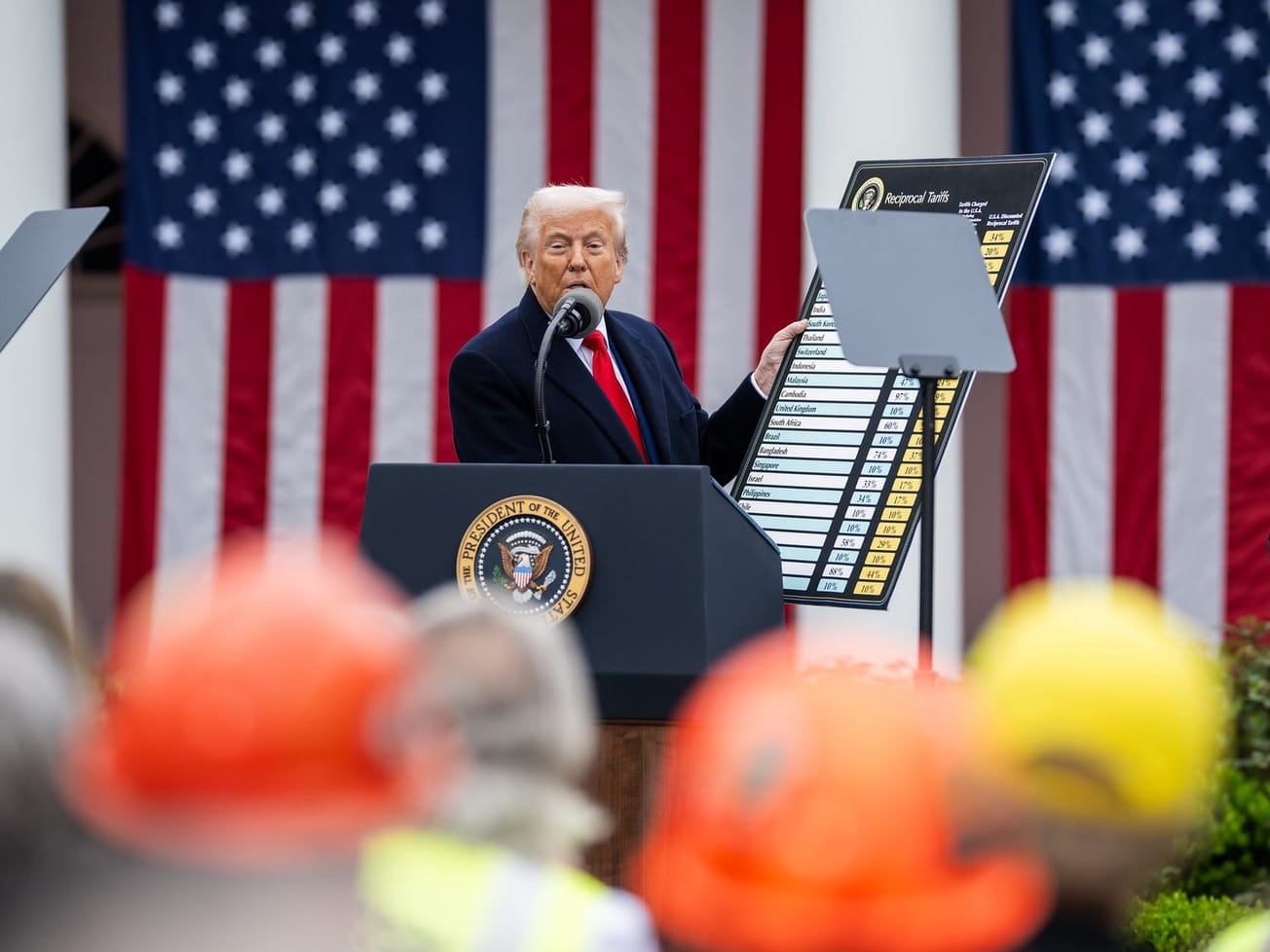WASHINGTON (AN) — The World Bank's new president, David Malpass, began his five year term at the helm of a global lending institution that is supposed to work to end extreme poverty and build shared prosperity — a mission that appears to conflict with beliefs expressed by him and his main sponsor, U.S. President Donald Trump.
Malpass, a former senior economic adviser to Trump during his 2016 presidential campaign, now oversees one of the most important international organizations set up to help countries rebuild after World War II. The World Bank's board approved Trump's choice of Malpass despite his skepticism of multilateralism. No other candidate was put forward by the bank's member nations.









